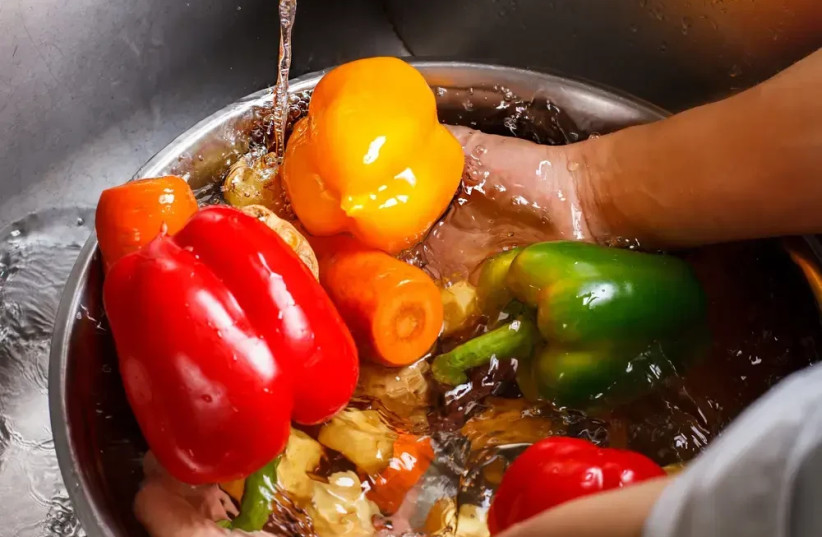ByWALLA! HEALTH
Looking to strengthen your immune system? Experts explain which fruits and vegetables surpass the orange — by far.
When we think of vitamin C, most of us imagine a juicy orange. And indeed, an orange contains about 70 to 90 mg of vitamin C — an amount sufficient for men (90 mg per day) and above the recommended intake for women (75 mg).
Why is vitamin C so important?
Vitamin C is one of the most active and essential vitamins in the body:
• Strengthening the immune system: It is involved in the activity of immune cells and in their ability to fight bacteria and viruses.
• Maintaining skin and preventing wrinkles: Vitamin C is essential for producing collagen, the protein responsible for skin elasticity and appearance.
• Reducing inflammation in the body: Vitamin C is a powerful antioxidant that helps neutralize free radicals.
• Aiding iron absorption: Especially iron from plant sources, which is why it’s recommended to pair citrus fruit with vegetarian dishes.
• Reducing fatigue and improving overall well-being: A vitamin C deficiency can cause fatigue and a feeling of weakness.
So many of you may think of an orange, but it is far from being the only source — or even the richest source — of vitamin C.
Here are some of the richest sources of vitamin C
1. Red pepper: Three times more than an orange
A medium red pepper contains about 190 mg of vitamin C — almost 3 times that of an orange. In fact, one red pepper provides over 150% of the recommended daily intake. The pepper is also rich in vitamin A, which contributes to eye health.
2. Guava: A tropical vitamin C bomb
Guava is one of the most impressive sources of vitamin C, with up to 247 mg per fruit, depending on the variety. Most varieties provide more than 200% of the recommended daily amount. In addition, it’s rich in fiber — twice as much as an orange.
3. Kiwi — small, green, and vitamin-rich
One cup of fresh kiwi contains 137 mg of vitamin C — twice that of an orange. In fact, one kiwi at breakfast provides about 117% of the daily intake.Kiwi has another advantage: it’s also an excellent source of vitamin E, which is important for the immune system.
4. Watercress: Surprising and potent
80 grams of watercress leaves contain about 50 mg of vitamin C — more than an orange of the same weight.Although mostly water, it is rich in vitamin K: one cup contains 85 micrograms — nearly the entire recommended daily intake for women.
Vitamin C is essential for health and for strengthening the immune system, but you can find it in a variety of surprising and particularly rich sources. Diversifying your diet and combining different fruits and vegetables will ensure your body gets everything it needs — without relying solely on orange juice in the morning.
5. Lychee — sweet and powerful
One serving of fresh lychee provides the full recommended daily amount of vitamin C for an adult — about 70–100 mg, seven times more than in an apple.Lychee also contains many polyphenols, including flavonols such as rutin and quercetin — antioxidants studied in relation to liver cell protection, cholesterol reduction, and anti-inflammatory activity.
See more on











